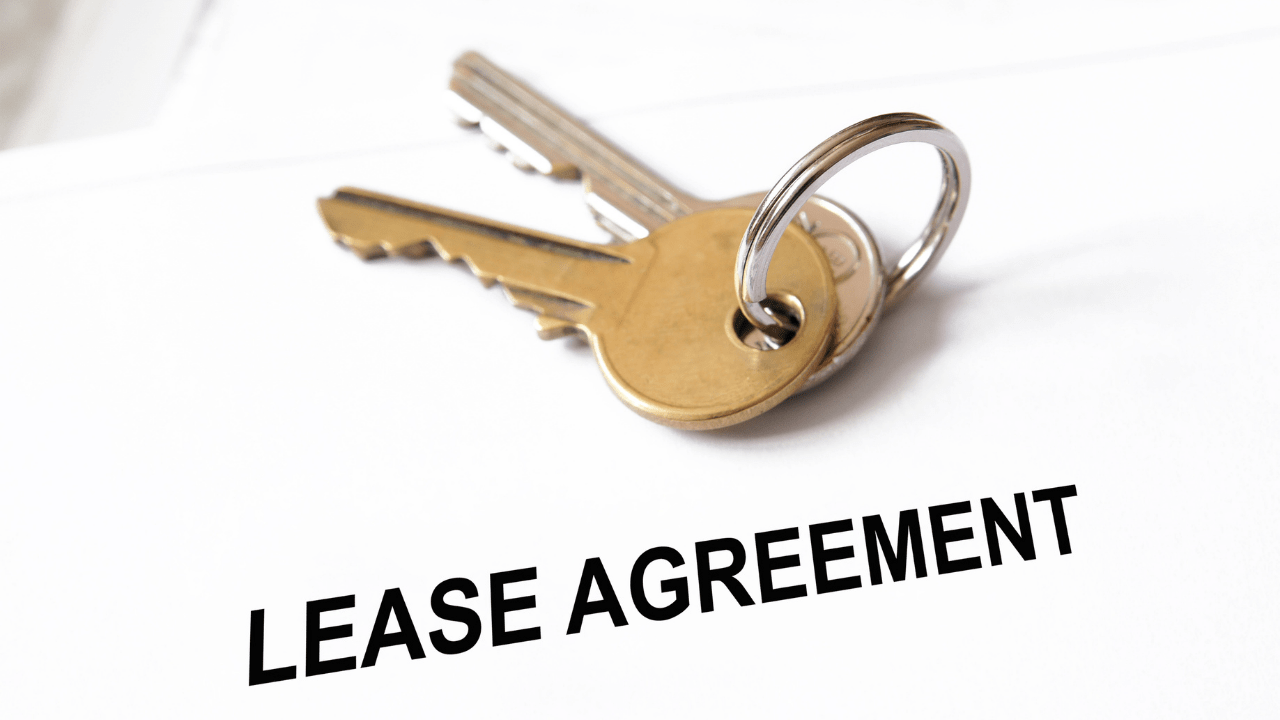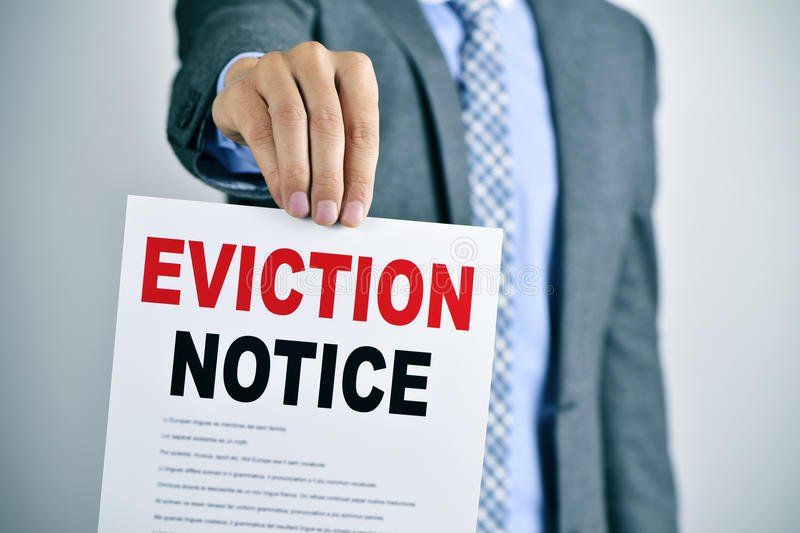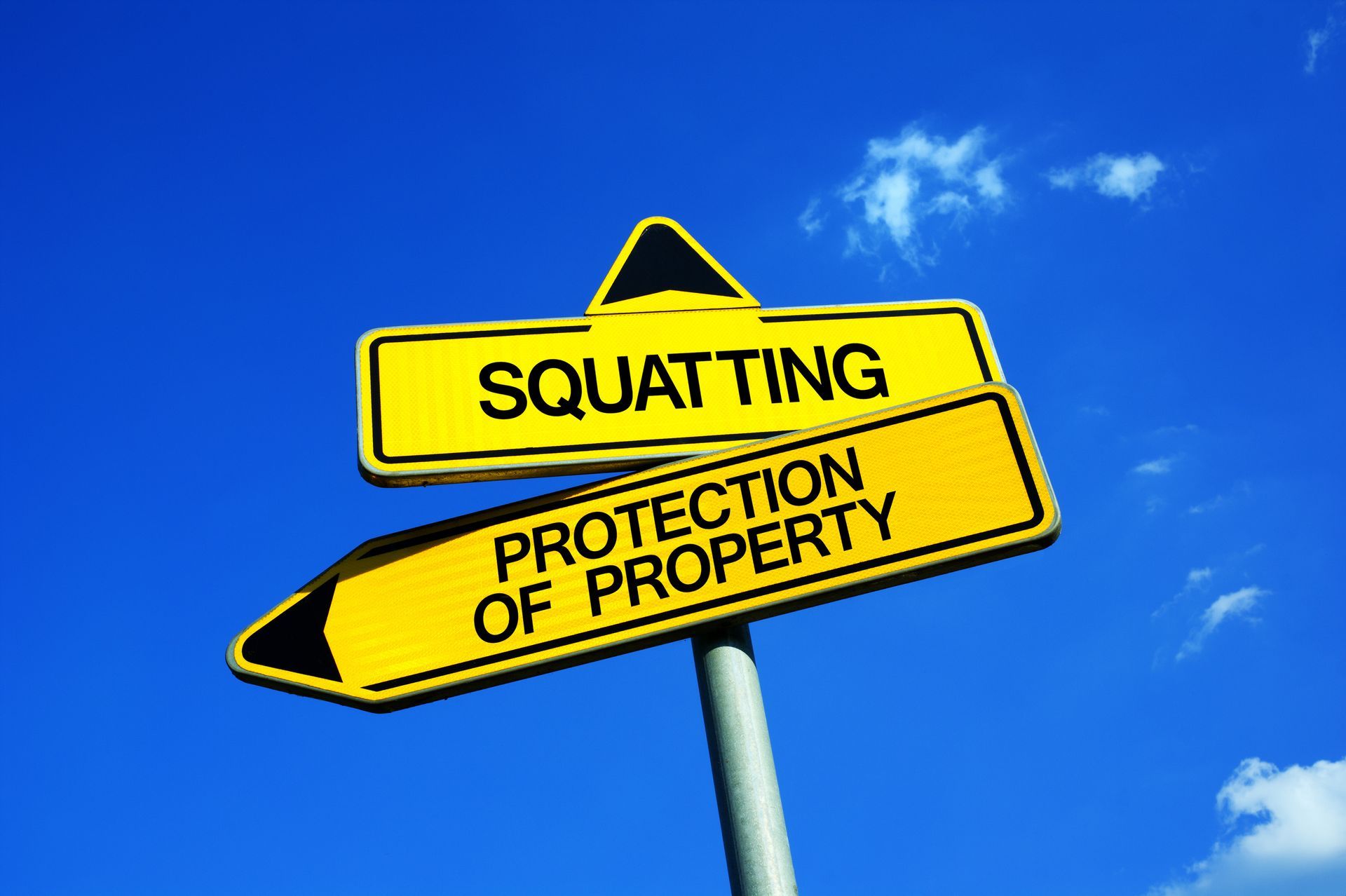By Florida PMServices
•
12 Apr, 2024
No question that one of the secrets for success in rental investment real estate is to minimize vacancies and turn overs. The longer a tenant stays in a property the better return on the investment. Ideally a tenant will rent a property once and stays there forever, renewing the lease agreement year over year. We all know this would be the goal in a perfect world but we also know is not reality and tenants will someday move out because of job relocations, purchasing a home or many other changes in life. When a tenant gives notice to move out at the end of the lease, most landlords want to put the property on the market right away to avoid or minimize vacant days in between tenants. Especially when the existing tenant is a good tenant that has taken care of the property and behaves professionally. Although this would be ideal that the existing tenants moves out on the last day of the month and the new tenant moves in a couple of days later, we are going to discuss why this is not a good practice and it may work against our investment goals. Here are some issues with trying to market and lease a property while occupied: If the landlord or agent is going to show the property entering the premises with tenant's permission and prior notice, a potential liability is created. You are showing the property basically to strangers that walk around the unit while tenant's personal belongings may be exposed or at an easy reach. What happens if the current tenant calls you later for example, stating that her new expensive gold watch and some jewelry , that was kept inside a drawer in her bedroom, disappeared. Or that the cell phone that he left charging in the kitchen is no longer there after your showed the property yesterday afternoon. Over the years we have heard, and thank God it has never happened to our company, that incidents like this have occurred. Our President, Gaston Reboredo, remembers that back in the early nineties the Realtor Association of Coral Gables (at the time) issued a warning to Realtors that there were two professional thieves posting as a couple wanting to lease expensive homes in the area and while one distracted the agent the other one went through drawers looking and stealing jewelry. So many things can happen and this liability is present when showing occupied units. maybe not the most important issue of the ones we are discussing today but one that must be taken into consideration. If on the contrary the current tenant is present at all showings, then it becomes a logistic problem. How do you show the property during business hours? Most likely your existing lease agreement gives you the ability to show the premises with sufficient notice to the tenant but you cannot force the current tenant to leave work to go to the unit for a showing. Then during the evenings and weekends how many times you bother the tenant? and how many times the tenant is not available at the precise time the prospective tenant wants to see the unit. The existing tenant may be running errands at the requested time of showing and the alternative time offered by the current tenant may not be good for the prospective tenant so the whole matter becomes a logistic nightmare. Let's say the current tenant is always available to show the unit, which is not reality, then another problem arises. Even the best tenant the most organized and clean person in the world when it comes time to moving a process of packing starts, putting things into boxes, stuff and boxes all over the house preparing for move out date. It is not easy to show a property while the current tenant is in the process of preparing to move out and it is very difficult for the property to be properly presented to the prospective tenant and for this prospective tenant to really see the unit and see it as his or her new home. Besides the issues discussed, even if we can deal with the liability stated in item 1 above and we have permission to access the unit at any time, we face another problem. Again even the best tenants that are Mr or Mrs Clean, have to run to work or school in the morning and if we are talking about families now they need to get the kids ready as well, not having enough time to have the premises in the best possible condition for a showing. It is not rare that you arrive to show a property to a prospective tenant and the pots and pans are dirty in the kitchen sink, the smell of a recently cooked meal is all over the place, towels on the bathroom floor and beds not made, not to mention the underwear that was unintentionally left somewhere. And if we are talking about evening showings in the middle of family dinner, kids doing homework or tenants watching TV, who by the way did not have enough time to prepare the home when they got back from work, we are looking at not ideal situations to present a property. Difficult to attract good new residents if the property cannot be showcased professionally and in the proper way. Also if your properties are not properly presented you will not only be wasting time in trying to rent them but your reputation as a landlord in the Realtor and Leasing community will be affected. Then we need to discuss other potential problems that may end up in legal liability to the landlord. Let's discuss a scenario where the current tenant was very cooperative, present at all showings and the home was pristine at every showing. Let's say the current tenant is leaving at the end of the month because of a job relocation out of the City, or another location in the same City, needing to rent a closer unit to the new employment location or because of the purchase of a home for the first time, achieving the dream of homeownership. Then you sign the lease with the new tenant to start the new tenancy during the first few days of the following month after current tenant vacates. What if the new place current tenant is moving to is not ready or the Home Owners Association required approval has not been issued and the move in date has to be delayed and current tenant cannot leave the premises before the start of the new lease with the new resident? what if the closing on the first home is delayed due to the numerous reasons real estate closings are delayed? In both cases current tenant will remain in the premises and yes you may be able to charge double rent by law or by lease agreement but the only way to force the current tenant to vacate is through an eviction process which may take in South Florida 30 to 45 days or more, depending in the area and if it is contested or not by the tenant. Meanwhile you have a contractual agreement with the new tenant to deliver the premises at certain date which now is going to be impossible but the new tenant already gave notice to vacate to that other landlord and is obliged to deliver the premises at the expiration of that rental agreement or face the same liability of double rent, eviction, etc. And it does not stop here, the new tenant may have arranged and paid deposits to move in companies, scheduled utility turn on services, requested mail forwarding, etc. You can see liability, legal costs and problems all over a situation like this, that happens very frequently. These are sonly ome of the problems all landlords face when trying to rent a property while tenant occupied, thinking they will be able to eliminate or significantly reduce the vacant time. In summary, best practices call for avoiding to show properties while rented to existing tenants. Plan properly, have your maintenance team ready to come in as soon as the existing tenant moves out and turn, in a couple of days or so, the property into rent ready condition so you can start marketing it to lease showcasing it in a clean, professional way, to attract good new residents in the shortest possible period of time . A property that is properly exposed to the rental market will rent faster, for more money and to better tenants with the least amount of problems to all parties. At the end you want a good new resident that pays rent on time, takes good care of the property and renews the rental agreement for as lomg as possible reducing the vacancy to the minimum on a long term basis.















